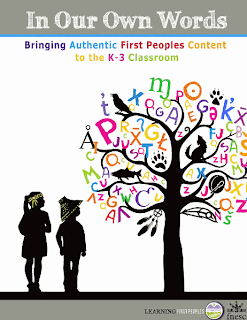Northwest Indian News - groundbreaking television
Listen to this BBC documentary about the establishing of a Native run and themed television show in Washington State.
"Lita Sheldon of the Tulalip Tribe in Washington State grew up in an age when Tonto – sidekick to The Lone Ranger – was the only Native American she had seen on television. News bulletins about Native Americans were endlessly negative, alcohol-related or concerning 'trouble on the reservations'. Traditional communication – the languages, longhouses and potlatches – had long been brutally abolished, but Lita had an idea of how to change things. It was time, she thought, for tribal people to make their own news and get it on the national networks. It was from this initial idea that Northwest Indian News began, covering everything from whaling rituals to canoe journeys and watched, at its height, by 50 million people."
=================
Sent from my iPhone














































